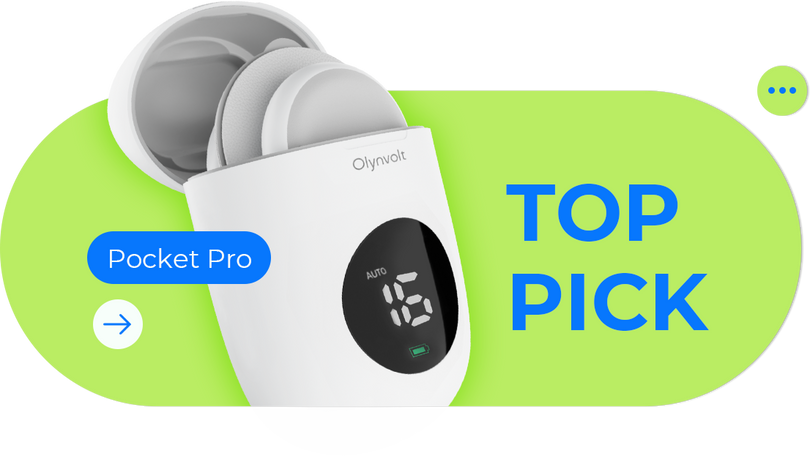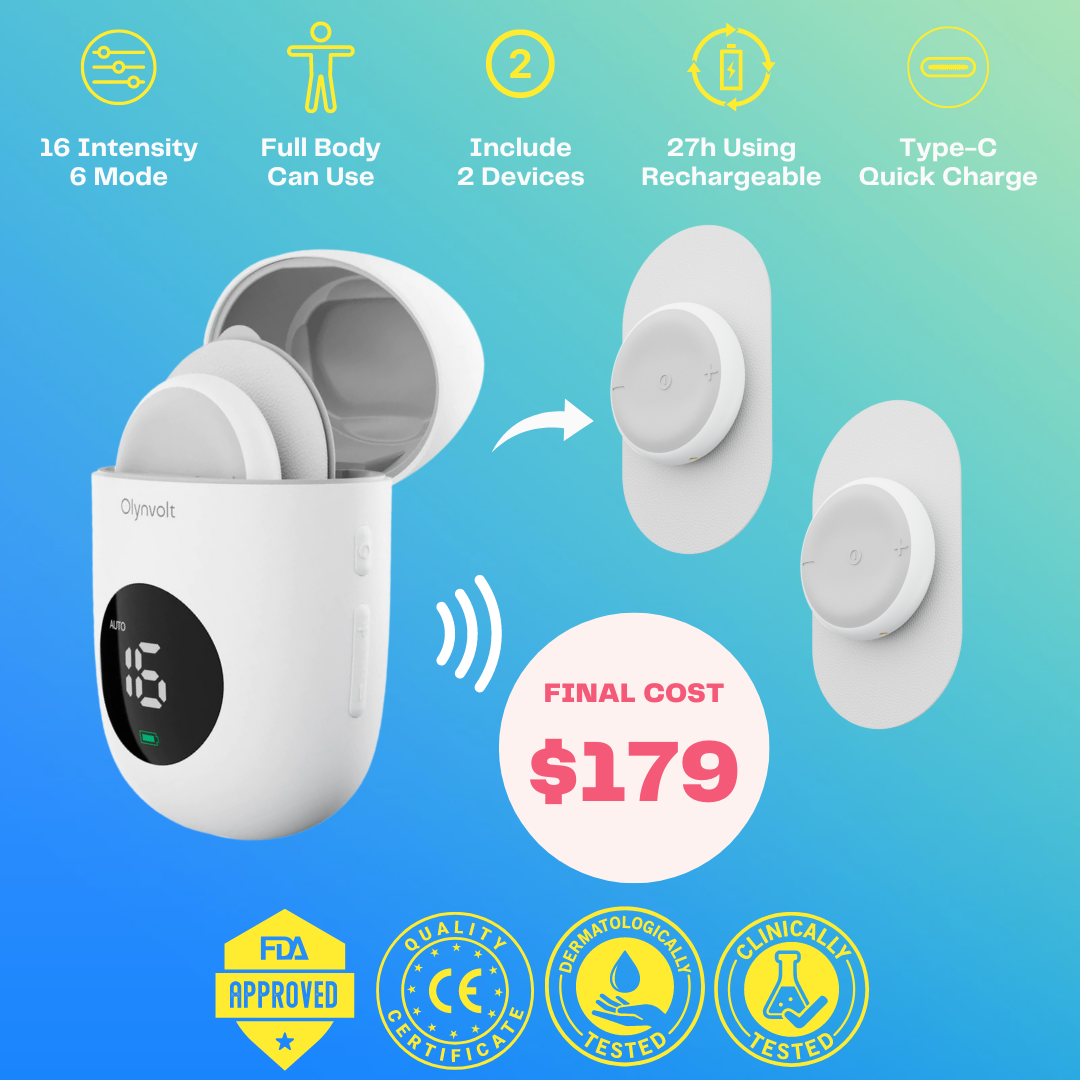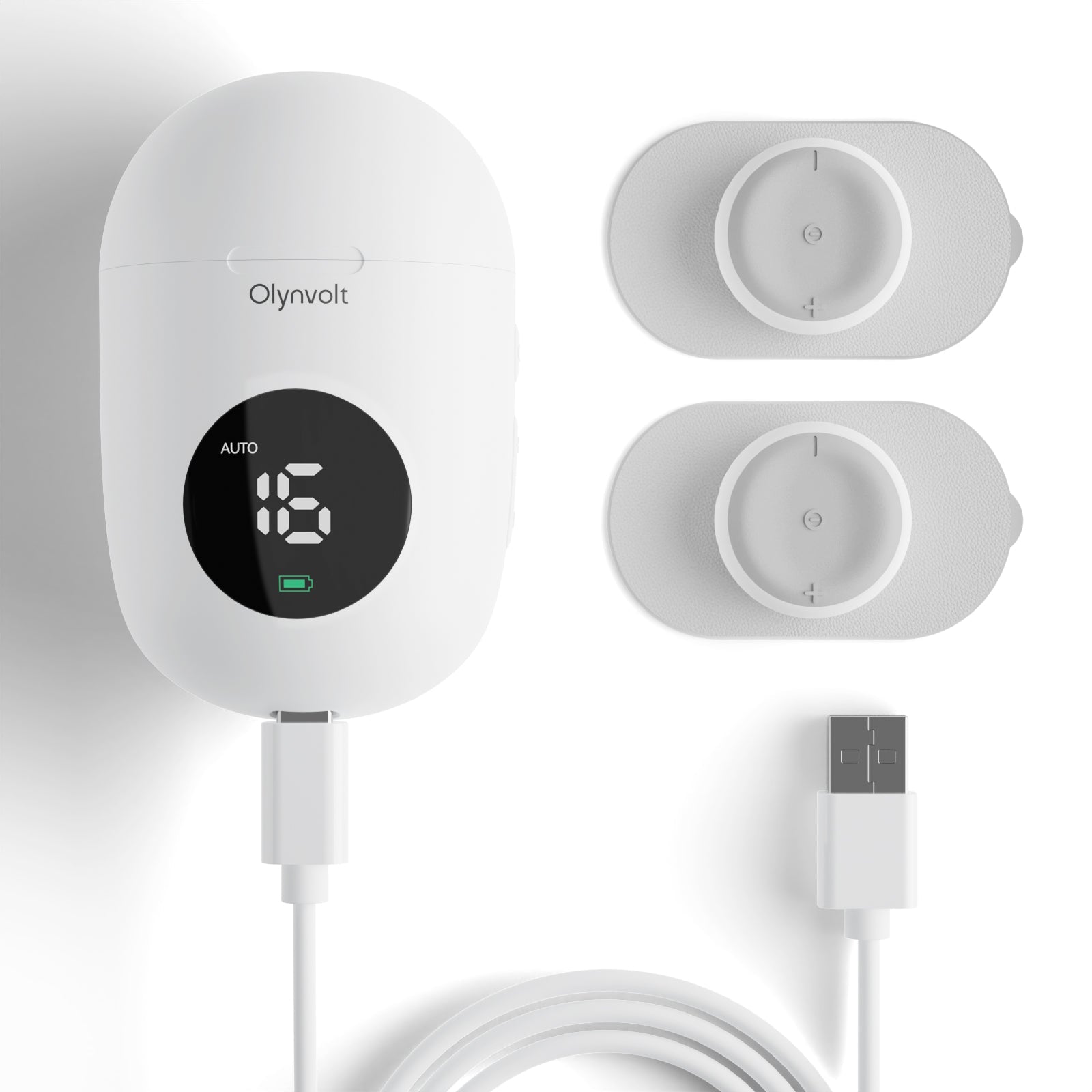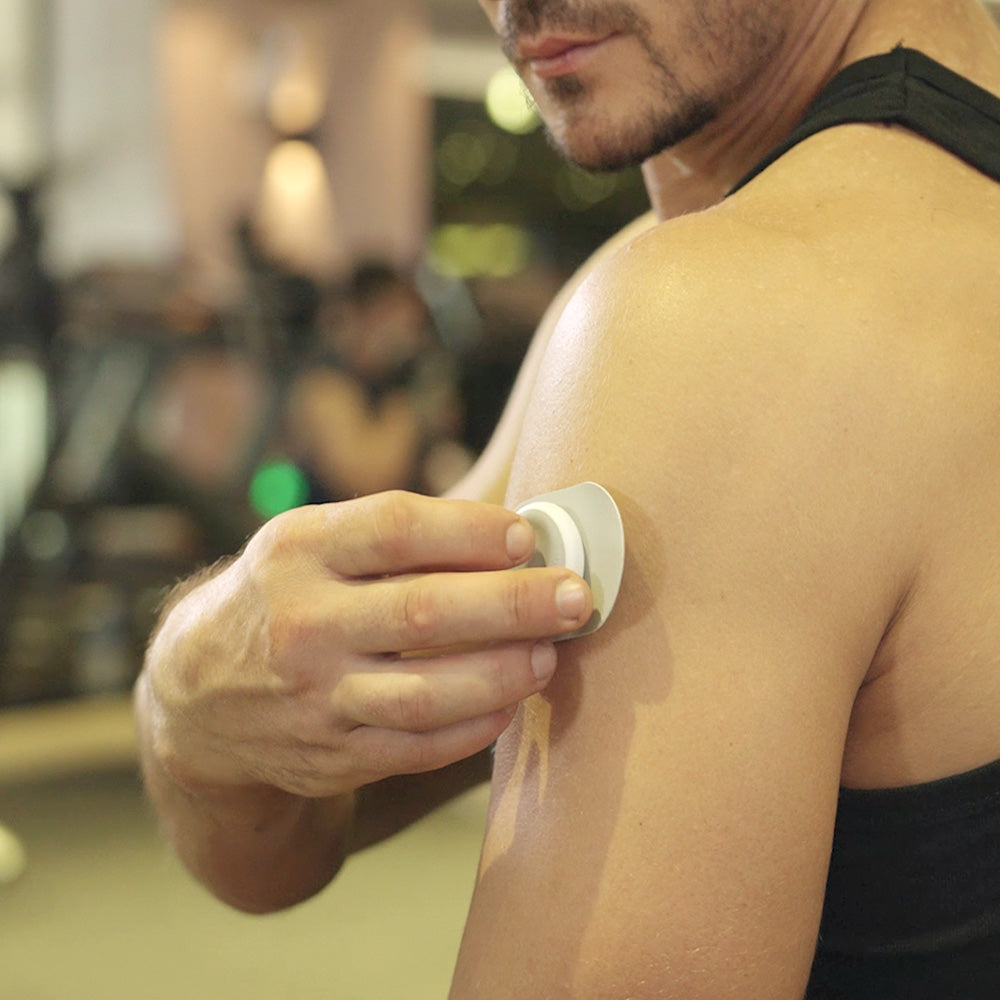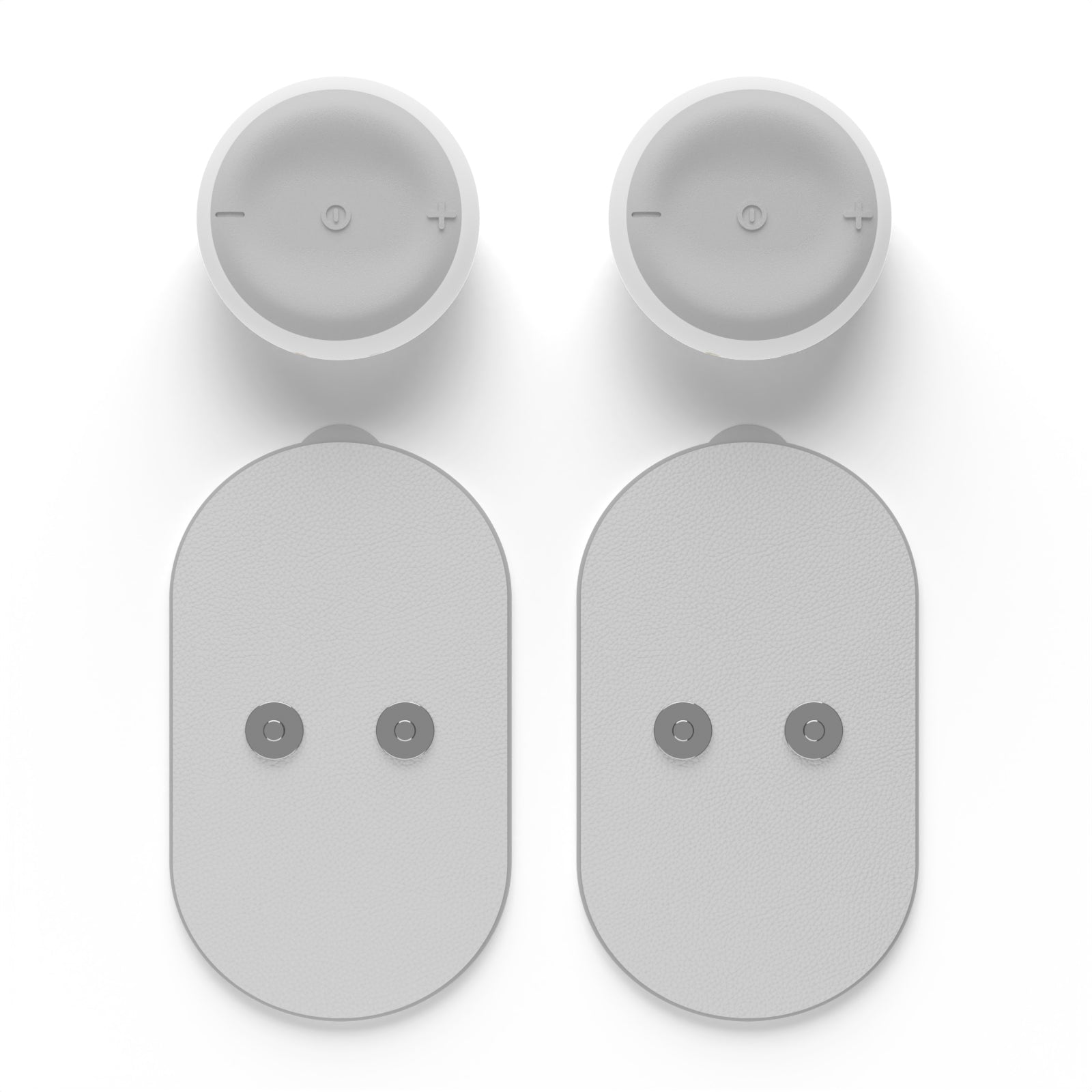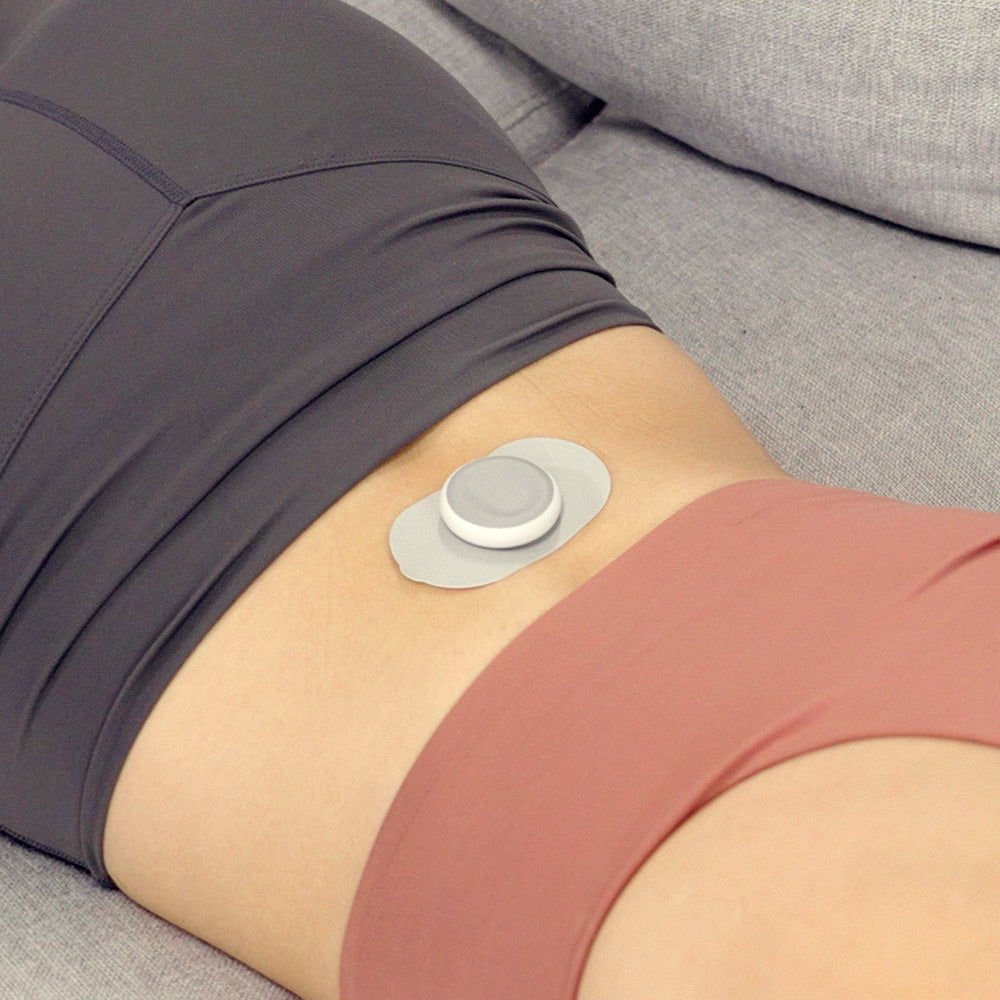Transcutaneous electrical nerve stimulation (TENS) units have emerged as versatile tools in pain management, offering both short-term relief and potential long-term benefits. Understanding the long-term efficacy of TENS units involves examining their sustained effects, therapeutic mechanisms, and clinical applications over extended treatment periods.
Sustained Pain Relief:
-
Chronic Pain Management: Research indicates that TENS therapy can provide durable pain relief for individuals with chronic pain conditions, including neuropathic pain, musculoskeletal disorders, and complex regional pain syndrome (CRPS). Longitudinal studies have demonstrated reductions in pain intensity and improvements in functional outcomes following extended TENS treatment courses.
-
Maintenance Therapy: TENS units are commonly utilized as maintenance therapy for chronic pain management, allowing patients to sustain pain relief and functional improvements over time. By incorporating TENS sessions into daily routines or as needed, individuals can effectively manage pain flare-ups and minimize reliance on pharmacological interventions.
Therapeutic Mechanisms:
-
Neuroplasticity: Prolonged TENS therapy has been shown to induce neuroplastic changes within the central nervous system, including modulation of synaptic transmission, neuronal excitability, and pain processing pathways. These adaptive changes contribute to the long-term analgesic effects of TENS units and may underlie their ability to induce pain relief beyond the duration of individual treatment sessions.
-
Endogenous Pain Modulation: TENS therapy engages endogenous pain modulation mechanisms, such as the activation of descending inhibitory pathways and the release of endogenous opioids. Over time, repeated TENS stimulation may enhance the efficiency of these pain modulatory circuits, leading to sustained pain relief and improved pain coping mechanisms.
Clinical Applications:
-
Rehabilitation Programs: Long-term TENS therapy is commonly integrated into rehabilitation programs for individuals recovering from musculoskeletal injuries, orthopedic surgeries, and neurological conditions. By promoting pain control, muscle relaxation, and tissue healing, TENS units facilitate the rehabilitation process and optimize functional recovery outcomes.
-
Chronic Disease Management: TENS units serve as adjunctive modalities in the comprehensive management of chronic diseases characterized by persistent pain, such as fibromyalgia, diabetic neuropathy, and rheumatoid arthritis. By addressing both nociceptive and neuropathic components of pain, TENS therapy offers a holistic approach to symptom management and enhances overall quality of life.
Future Directions:
-
Optimized Treatment Protocols: Continued research is needed to elucidate optimal parameters for long-term TENS therapy, including stimulation frequency, intensity, and duration. Individualized treatment protocols tailored to patient characteristics and pain profiles may enhance treatment efficacy and adherence over extended periods.
-
Technological Advancements: Advances in TENS unit technology, such as wearable devices, wireless connectivity, and mobile applications, hold promise for enhancing treatment accessibility, convenience, and patient engagement in long-term pain management strategies.
Conclusion:
In conclusion, the long-term efficacy of TENS units in pain management is supported by accumulating evidence from clinical trials, mechanistic studies, and real-world applications. By leveraging neuroplasticity, endogenous pain modulation, and therapeutic interventions, TENS therapy offers sustained pain relief, functional improvement, and enhanced quality of life for individuals living with chronic pain conditions.
Disclaimer: The information presented in this discourse is intended for educational purposes only and should not substitute professional medical advice. Patients are advised to consult with qualified healthcare providers for personalized evaluation and treatment recommendations.

